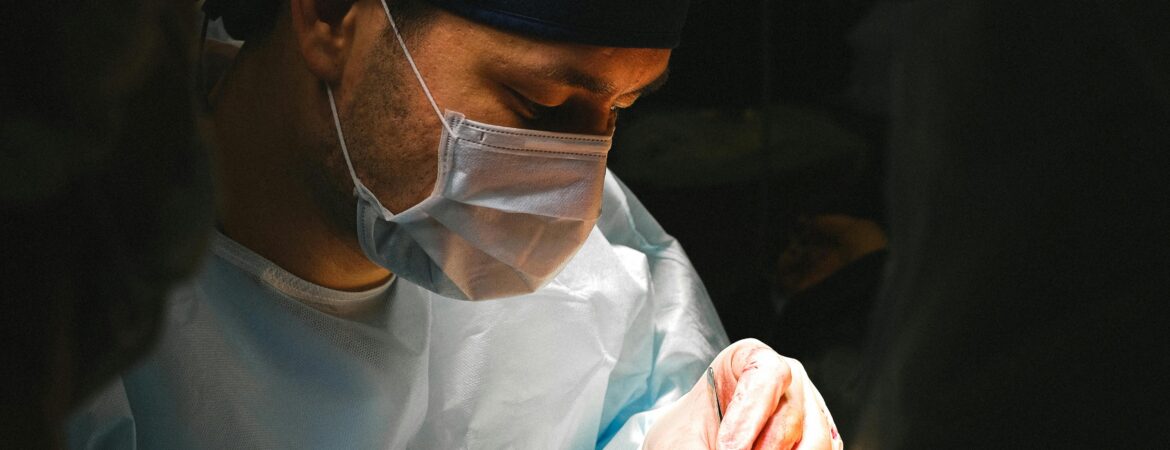
An inquest must be held as part of an investigation into any death in which there is a suspicion it was either not from natural causes or it happened in prison or another state institution. Four questions are answered in an inquest:
- Who the deceased was.
- Where they came by their death.
- When they came by their death.
- How they came by their death.
It is also important to note that an inquest is not a trial and the purpose of an inquest is not to lay blame on any individual. An inquest is held to gather the information required to answer the four questions above.
Once the inquest is complete the coroner will deliver their conclusions. These conclusions will be based on the evidence they have heard during the inquest and formally set out in ‘The Record of Inquest’.
Why is an inquest held?
An inquest is held to allow the coroner to investigate a death that:
- Is violent or unnatural.
- Does not have a known cause of death.
- Occurred whilst the deceased person was in the custody of a prison, police cell or psychiatric hospital.
The coroner will establish who the deceased person was, when they died, where they died and how they died.
The inquest process must adhere to the Human Rights Act 1998. The Act has made it unlawful for the state to act in a way that infringes rights any rights afforded by the European Convention on Human Rights (ECHR), most specifically that the state cannot be complicit in the death in any way. If there is any suspicion that the death occurred as a result of any failures in the way someone in custody was treated, the coroner must also investigate the circumstances in which the person died.
An inquest will also establish the facts surrounding the death so that the detail can be included in the person’s death certificate if it has not previously been possible to issue a death certificate.
The coroner’s court tends to look like any other courtroom.
The coroner sits at the front with the legal representatives present on benches facing them with family members behind them. If there is a jury, they will normally be seated to one side of the room with a clear view of the witness box.
The coroner is also able to bring in a ‘Properly Interested Person’ (PIP) to play an active role in the inquest. A PIP is often a family member but it could also be a representative of the institution where the death occurred or someone who was responsible for caring for the deceased in an official capacity. Usually, a PIP will attend with legal representation.
The coroner and, if required, the jury hear evidence given by the witnesses either in person or via written statements. The coroner will ask them the questions they have before asking the legal representatives for the PIPs to ask their questions. If there is a jury, they are also able to ask the witnesses any questions they have.
Once they have heard all the evidence, the coroner delivers their conclusion, this conclusion is likely to be one of the following:
- Suicide
- Accident or misadventure
- Alcohol or drug related
- Lawful or unlawful killing
- Natural causes
- Open conclusion
- Road traffic collision
- Stillbirth
- Industrial disease
The conclusion is then formally logged in the Record of Inquest.
The coroner or jury may also be asked to provide additional detail to support their conclusion by describing the circumstances surrounding the death in writing. This report can neither name individuals nor apportion any blame. It can however address any failings uncovered by their investigation.
Who can attend an inquest?
As it is a public hearing, anyone can attend an inquest. The coroner can also demand that someone they believe has valuable information that will aid the inquest attends.
Before the inquest starts the coroner will share information (a ‘disclosure’) with the PIP and provide direction as to which questions they should be asking witnesses once the inquest is underway.
While an inquest does not usually involve a jury, a jury is required if the death:
- Was violent or unnatural, or the cause is unknown.
- Resulted from an act or omission of a police officer or other serving employee in the execution of their duties.
- Was caused by an accident, poisoning or disease and reported via a government department or government officer.
It is the coroner’s responsibility to call if and when their involvement is considered to be in the public’s interest.
If you or one of your clients require legal representation at an inquest or you would like to discuss how to proceed with a challenge to the verdict from an inquests, please contact the inquest specialists in our civil law team.
Leave A Comment